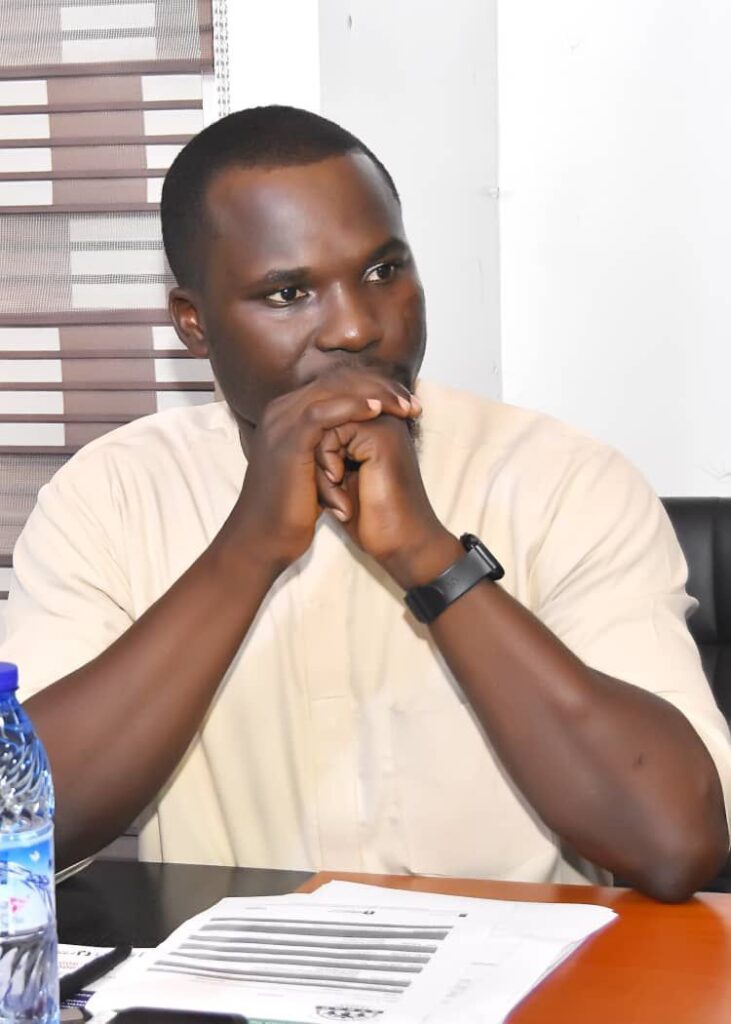By Olóyè Akolawole Shoremi
(Being an Opinion Piece on Reproductive Health Rights in Ogun State)
Despite growing awareness and advocacy on reproductive health right, many of the young people of Ogun State still face significant barriers in accessing the essential reproductive health services (RHS), which are unarguably basic rights.
Ogun State has shown commendable foresight by developing a Safe Termination of Pregnancy (STOP) Guideline. This policy document, which sets out to increase access to information and services, is a progressive step. However, a great distance remains between a well-written strategy on paper and its meaningful implementation in our communities and health facilities. Crucially, the Guideline must be legislatively codified to move from a recommendation to a fully enforceable law.
With the development of a policy on reproductive health rights, many young people in Ogun are expected to have a good level of knowledge regarding sexual health and family planning. But knowledge alone wouldn’t still save lives or prevent unintended pregnancies. The real issue is the low utilization of services, driven by systemic and social barriers observed as follows:
1. Stigma and Confidentiality: Our young people, particularly unmarried adolescents, often face judgmental or negative attitudes from healthcare providers. The fear of an unwelcome reception and their confidentiality being breached risks driving them away from public and registered health facilities and towards unqualified sources, increasing the risk of unsafe abortions and untreated infections. Indeed, organizations like the Gender Development Initiative (GENDI) have provided grim data to the State Assembly, confirming that unsafe abortion remains a leading cause of maternal mortality in Ogun, highlighting the urgent need for systemic change.
2. Lack of youth-friendly services: While Ogun State has a goal to establish youth-friendly centres, they are still too few and far between. Services must be relevant, accessible, and designed with the unique needs of adolescents in mind—including offering services for young males, who often feel excluded from predominantly female-focused clinics.
3. Logistics Barriers: For the average young person, especially those in rural or slum areas, the cost of transport and even the nominal fees for services can be prohibitive. This financial pressure often leads to poor health choices.
Reproductive health is not just about preventing diseases; it’s a fundamental human right — the right of every young person to be informed, to be safe, and to make free and responsible decisions about their own body and future. When this right is denied, we see the consequences in high rates of teenage pregnancy, school dropouts, and increased vulnerability to gender-based violence.
THE WAY FORWARD:
Therefore, to move beyond this ‘policy stage’ and truly activate these rights in Ogun State, we propose a clear, youth-driven mandate including the following:
1. Codify and Fund the Framework: The Ogun State House of Assembly must urgently work to transform the STOP Guideline into an enforceable State Law. Concurrently, the State Government must allocate a dedicated, ring-fenced budget for the implementation of the associated steps on this new law. A plan without legal backing and funding is merely a wish list.
2. Empower Frontline Workers: The Ogun State Primary Health Care Development Board must intensify training for health workers on confidentiality and non-judgmental care. Attitude is the number one barrier; a simple smile and respect can save a life. The mental health of our frontline workers should also be prioritised for expected service delivery.
3. Engage Youth as Community Advocates: We, the youth, must be moved from being passive recipients of services to becoming active advocates and peer educators. The National Youth Council of Nigeria commits to working with relevant Ministries, Departments, and Agencies (MDAs) to mobilize communities and hold town-halls that demystify SRH topics and challenge harmful socio-cultural taboos. This effort must leverage existing capacity, particularly the 10 trained community advocates already deployed across the State by the Gender Development Initiative (GENDI), to immediately scale up grassroots mobilization and education.
The future of Ogun State rests on the health and capacity of its youth. Ensuring that youth can access reproductive health rights is not a burden; it is the strategic investment we can make in our collective socio-economic prosperity.
Yours in youth development, Olóyè Akolawole Shoremi, State Chairman, NYCN.
October 27, 2025
Do you want to share a story with us? Do you want to advertise with us? Do you need publicity for a product, service, or event? Contact us on WhatsApp +2348183319097 Email: platformtimes@gmail.com
We are committed to impactful investigative journalism for human interest and social justice. Your donation will help us tell more stories. Kindly donate any amount HERE




